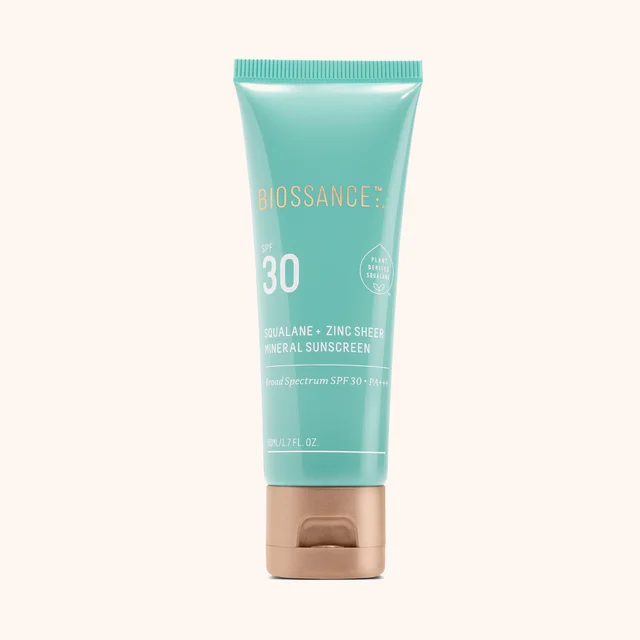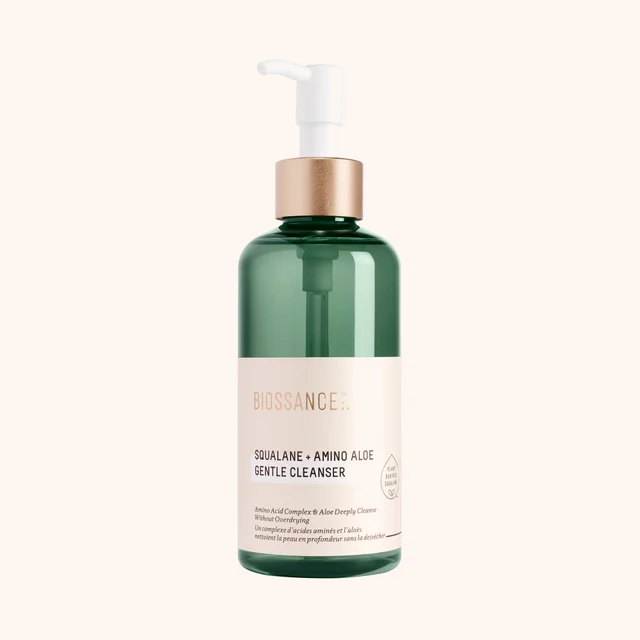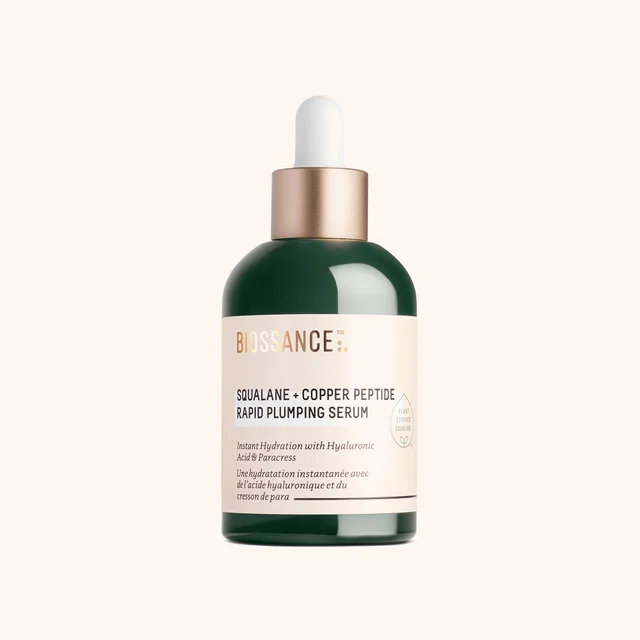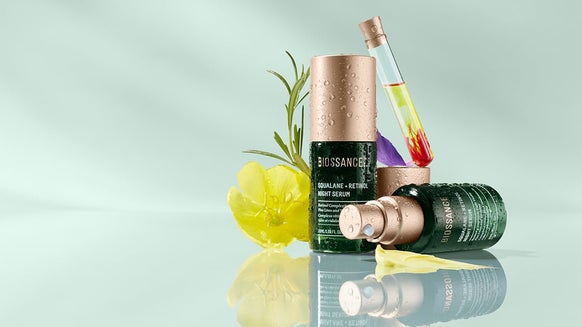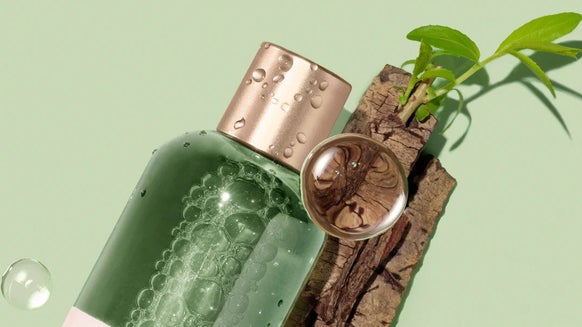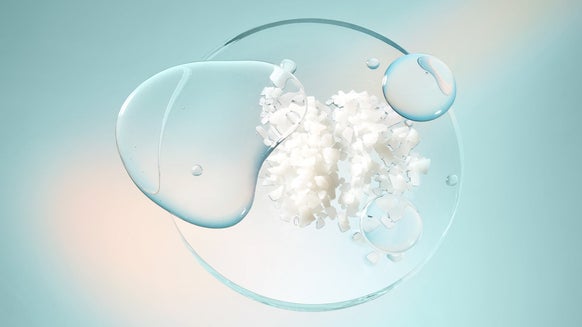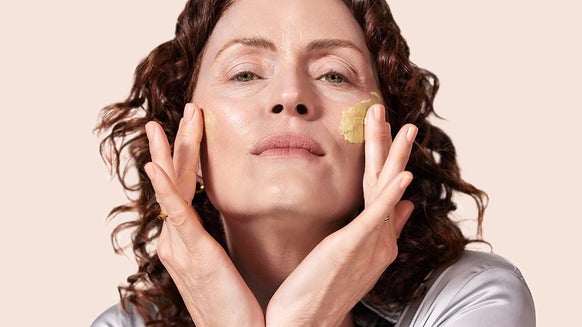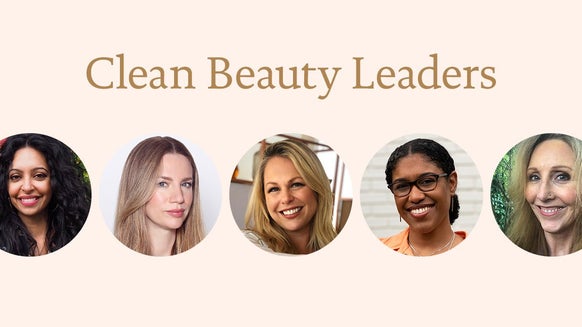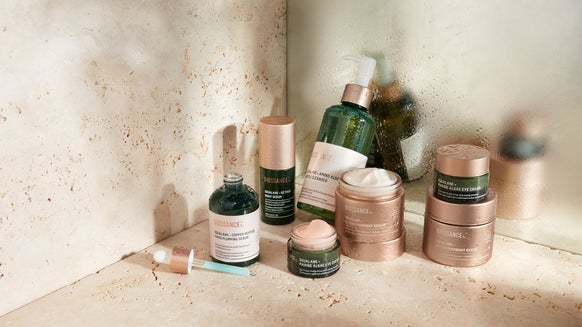A Complete Guide to SPF
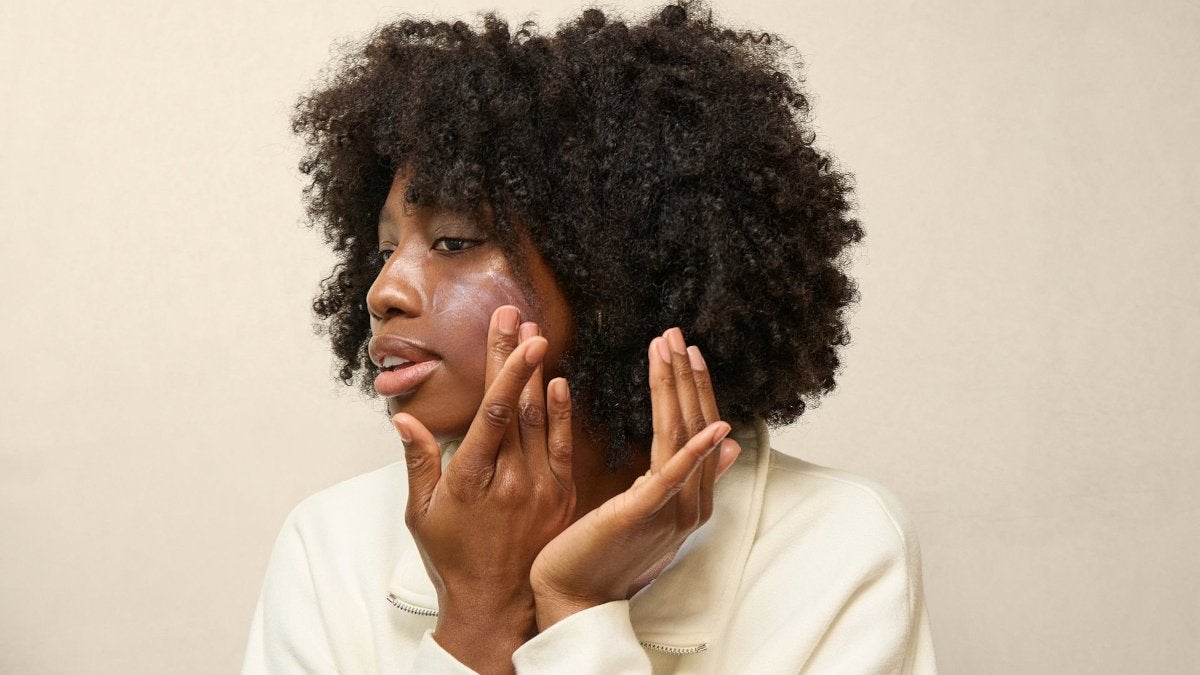
Sunscreen is the most important step in your skincare routine for preventing skin cancer as well as signs of aging. But the wealth of ingredients, classifications, and formulas can make it hard to figure out which SPF is best for you.
This in-depth guide to sunscreen will teach you everything you need to know about SPF, from recommended SPF guidelines, to how much and when you should apply sunscreen.
What is SPF?
SPF is an abbreviation for “sun protection factor,” which is a measure of how much sunburn-causing UVB radiation the sunscreen ingredient can filter out. That said, the SPF number is not directly proportional to the amount of protection a sunscreen provides. For example, an SPF 30 sunscreen filters 97 percent of the UVB rays, while an SPF 50 blocks 98 percent.
Many people misunderstand SPF as a measure of how long it takes skin to burn, but this is false. This explains why an SPF 15 may prevent you from burning for 1 hour of sun exposure at 4pm, while you may burn through your SPF during just 30 minutes of exposure at midday when the sun is at its strongest.
The American Academy of Dermatology’s SPF guidelines recommend choosing an SPF 30 or higher for adequate protection.
What is Broad Spectrum Sunscreen?
A broad spectrum sunscreen is one that protects your skin from both types of harmful UV rays – UVA and UVB. While SPF measures protection against UVB rays, UVA rays can also damage your skin. In fact, UVA rays are the ones that cause photoaging such as wrinkles and loss of elasticity in addition to skin cancer.
Chemical vs. Mineral Sunscreen
Chemical and mineral sunscreens protect skin in fundamentally different ways. Chemical sunscreens penetrate into the skin to absorb UV light, then convert it to heat. These chemicals can break down during use and can also irritate skin. That’s not exactly ideal if you have sensitive skin.
On the other hand, mineral sunscreens - like zinc and titanium dioxide - scatter UV light away from skin. Think of it as a shiny coat of armor reflecting sunlight away from your skin to deflect damaging UV rays.
What SPF Level Should You Use?
The American Academy of Dermatology recommends using a broad spectrum SPF 30 sunscreen, which is considered a high level of protection.
How Much Sunscreen to Use
As a general rule of thumb, you should apply two finger lengths of sunscreen to your face, plus a shot glass worth of sunscreen for your body. You should also reapply every two hours or immediately after swimming or sweating.
Do You Really Need to Wear SPF Every Day?
According to the Skin Cancer Foundation, everyone aged 6 months and older should wear sunscreen every day – even if you aren’t spending time outdoors. This is because you’re getting more sun exposure than you realize. In fact, just 15 minutes of unprotected exposure is enough to damage skin.
When to Apply Sunscreen in Your Skincare Routine
Sunscreen should aways be applied as the last step of your skincare routine. Be sure to apply sunscreen at least 15 minutes before sun exposure to ensure protection and reapply as necessary. Follow this easy, three-step layering guide to keep your skin clean, hydrated, and protected:
Step One: Cleanse with Amino Aloe Gentle Cleanser
Deep clean skin with our gentle foaming cleanser for visibly refined pores and smoother skin.
Step Two: Hydrate + Firm with Copper Peptide Rapid Plumping Serum
Drench skin in lasting hydration while instantly plumping and visibly improving firmness and elasticity over time.
Instantly protect with broad spectrum SPF 30 while moisturizing and priming for a smooth makeup finish

As a lifestyle writer and journalist, I love sharing my passion for ocean conservation and obsession with clean beauty. I’ve tried almost every trend and ingredient, and Biossance’s science-backed formulas are the only ones that consistently calm my reactive skin and make it smoother, clearer, and healthier. I’m so excited to be on this journey of skincare innovation with Biossance, and to share it with you!
